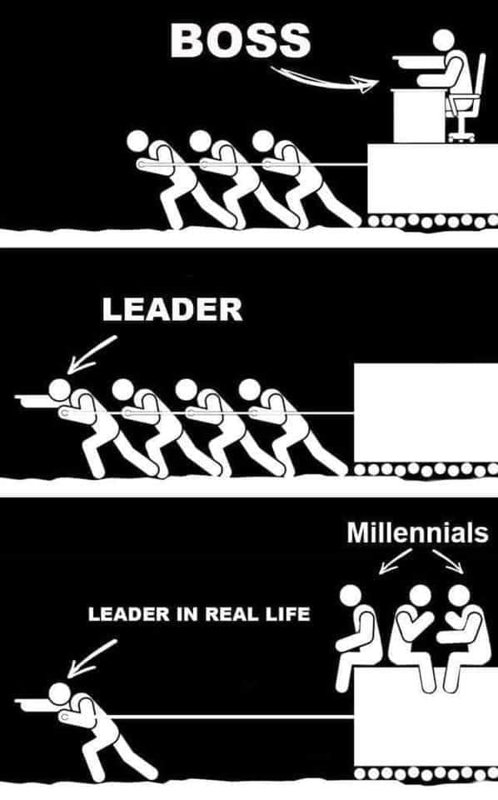Education management
The educational establishment is an organisation that should drive the evolution of the world, because in schools we collaborate with future citizens, employees, preparing them for a time that will be after 5, 10, 20 years. It makes us focus not only on what it has been and how it is now, but much more on what it might be. Theories and practices are increasingly emerging in the world, which also states that we need to learn from the future (U theory). This means that everyone, especially the head of an educational establishment should be able to see the unique path and the school of their future after 5, 10, 20 years to aspire to.

I believe that the average management model in educational establishments has served its own. It is a noticeably hierarchic alone which, in such times of change as it is now (and will continue to be), prevents the adoption of operational, valuable and understandable decisions. According to the theory of organizational evolution (F.Laloux, R.Kegan), schools are currently 2 big steps away from management trends in the world. Currently, schools are in transition from the army-type hierarchy, approach and values (monopoly, control, domination, hierarchy, order, stability, predictability, formal roles) to the business-type hierarchy, approach and values (competition, profits, efficiency, innovation, ambition, responsibility), but many organisations around the world are gradually moving away from such approaches, looking for new ways to be successful in the huge global market, which is also being driven by education. Productivity is one of the challenges around the world in both the public and private sectors, and pronounced hierarchical models are not successful in the long term in keeping both individuals and the development, motivation and quality of the whole organisation.
For the last two years I have studied quality management in the RTU and see trends in the world going on in this area. At present, there is an increasing use of business approach and tools in the management of the educational establishment, and it is perfectly legal that educational institutions are seeking to introduce quality management systems that allow a much better control of processes, quality and placing the main recipient of the service at the centre of the process, which is already a huge step forward in order to make the services more high-quality. Over the last 2 years, I have introduced an EFQM quality management approach in the educational establishment, developing more appropriate processes, self-evaluation and development planning of the institution under this model. However, more and more researchers and thinkers point out that control does not go hand in hand with creativity, which is very necessary today in every organisation and, at the moment, quality management is in the process of changing the paradigm from the quality system to the quality principles. At least in the field of services.
In general, the relationship between employees with work needs to be more personal, it is more a story about me, whether I am in the right place and time, whether it is in values and everything that is acceptable to me in the organisation, whether I have a sufficiently large influence on the processes in the organisation, decision-making, setting targets. This becomes possible if an organisation is more managed by organisation management models that are more linear - an organisation, such as a “family” with values such as cooperation, shared values, good sharing, engagement, decentralisation (10% of organisations worldwide are managed according to this model) or an organisation such as an “ecosystem” with values such as self-management, a whole, confidence and evolution (1%). At the moment, no organisation in the world works within a single model, it uses something of every approach, but one of them dominates. In my vision, it is the last time in the field of education to move to one of the 2 advanced management approaches in order to cope with all the changes that are now entering and continuing to enter each educational institution. These approaches have partly been used and implemented in my past work in the schools, and we have been very successful in making this school more recognizable, influential, demanding.
In my opinion, management processes are of paramount importance, since the leader and his team depend to a large extent on whether the planned development will take place. In any case, direct introducers will always be educators who have direct work with students in the main process, so the continued training, motivation, involvement, empowerment of teachers will be something that facilitates or does not contribute to the introduction of a “great plan” at school.
A little comment on the picture. The education system is currently undergoing a paradigm shift from director and teacher, as boss to director and teacher, as leaders trying to inspire and motivate others. I think there needs to be another paradigm shift here: leader is increasingly delegating leadership to teachers, while teachers give leadership to their students. Students take much more leadership on themselves, their own growth to get to where everyone wants. In my vision, quality and appropriate education in the 21 st century lies in individual training. Not everyone in the same direction and speed, but each in their own direction and at their own speed.
Story medium: TARS
Photo from Pixabay